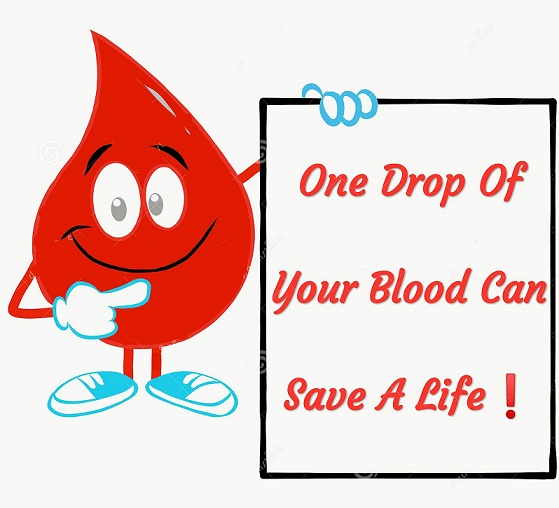Why : Voluntary blood donation

Voluntary blood donors are the cornerstone of a safe and adequate supply of blood and blood products. The safest blood donors are voluntary, non-remunerated blood donors from low-risk populations.
Despite this notion, family/replacement donors still provide more than 45% of the blood collected in India. Such donors are supposed to be associated with a significantly higher prevalence of transfusion-transmissible infection (TTIs) including HIV, hepatitis B, hepatitis C, syphilis and malaria.
For a safe blood service in our country, where comprehensive laboratory tests are neither possible nor pragmatic, it is best to switch over to 100% voluntary donations, as it is now established that only voluntary non-remunerated regular donation is the safest. Thus, one of our key strategies to enhance blood safety is to focus on motivating non-remunerated blood donors and phasing out even replacement donors.
The key to recruiting and retaining safe blood donors is good epidemiological data on the prevalence (and incidence, where possible) of infectious markers in the general population to indentify low-risk donor populations coupled with an effective donor education, motivation and recruitment strategy to recruit new voluntary non-remunerated blood donors form these populations. A pleasant environment in the Blood Center, good donor care, polite and effective communication between staff and donors are all important factors for the retention of blood donors.
A guideline designed to assist those responsible for blood donor recruitment and implement a programme to improve communication with blood donors has been developed. These guidelines provide approaches for organizing, collecting information and developing plans; as well as providing ideas that individual centers might consider for recruiting, educating and retaining safe donors.
Definitions related to blood donors/ donations
Goal & objectives of voluntary blood donation